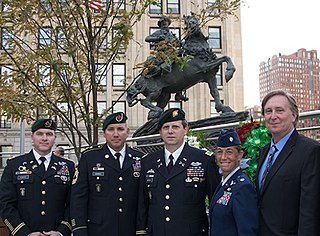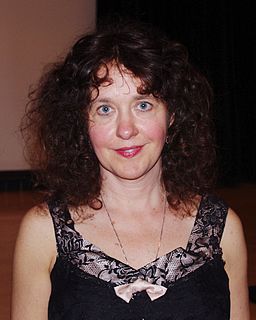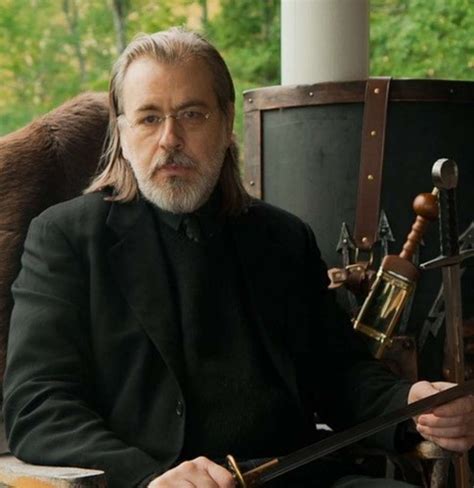A Quote by Doug Stanton
Writing about conflict has provided these dramatic opportunities to talk about really substantial moments in a person's life. I'm not writing about superheroes; I'm writing about ordinary people.
Related Quotes
That's one thing brands are understanding is, I'm the blogger who's not writing about fashion. I'm not writing about beauty. I'm not writing about gossip. I'm not writing about politics. I'm writing about all of that. I'm the person they can come to if they just want to reach people who care and have their fingers on pop culture.
The secret to writing is writing. Lots of people I know talk about writing. They will tell me about the book they are going to write, or are thinking about writing, or may write some day in the future. And I know they will never do it. If someone is serious about writing, then they will sit down every day and put some words down on paper.
Writing is really just a matter of writing a lot, writing consistently and having faith that you'll continue to get better and better. Sometimes, people think that if they don't display great talent and have some success right away, they won't succeed. But writing is about struggling through and learning and finding out what it is about writing itself that you really love.
I think all writing is about writing. All writing is a way of going out and exploring the world, of examining the way we live, and therefore any words you put down on the page about life will, at some level, also be words about words. It's still amazing, though, how many poems can be read as being analogous to the act of writing a poem. "Go to hell, go into detail, go for the throat" is certainly about writing, but it's also hopefully about a way of living.
I was able to notice in a very early stage, there were discrepancies between the people who are writing the songs and discrepancies about the self that I was writing about. I was feeling that there were all these different people, both writing the record and having the record being written about them, even though ostensibly it was me sitting down and documenting a series of life experiences. Part of that, when I recognized this unconscious thing I was doing, was about these spaces, about these gaps.
The basic thing is to be humble, and pretend you're a bartender in the tavern of life. Don't get too comfortable and don't really listen to anybody else. Don't stand around with a bunch of writers and talk about writing. You know when you see plumbers at a plumbers convention, usually they're not talking about plumbing: they're talking about whatever it is that two men happen to talk about. They're talking about sports, their wives and children. I just tell my students, don't talk about writing too much, just go out and do it. Find out whatever you need to get to the mainland.

































